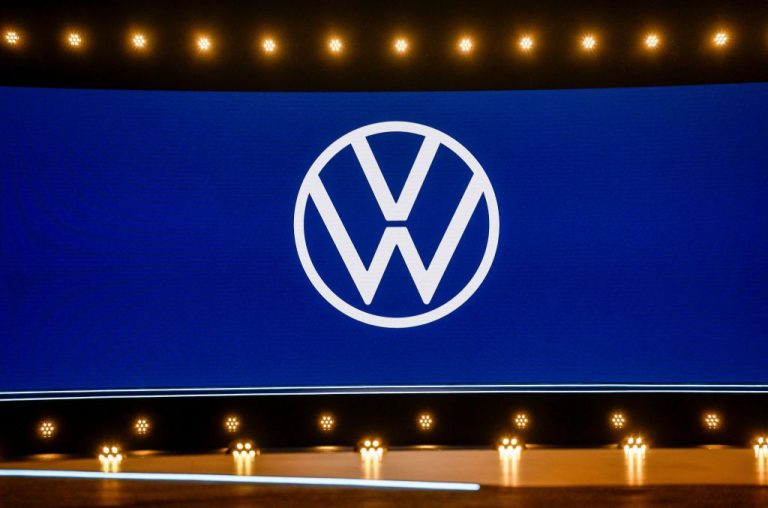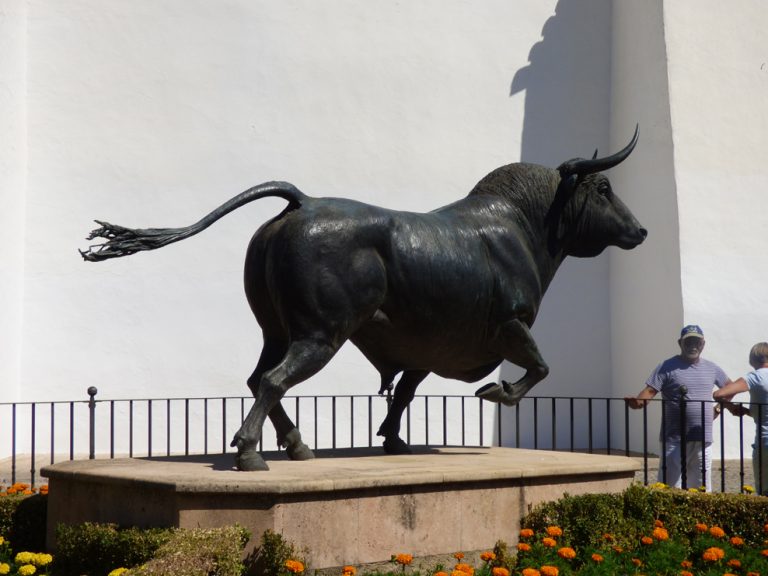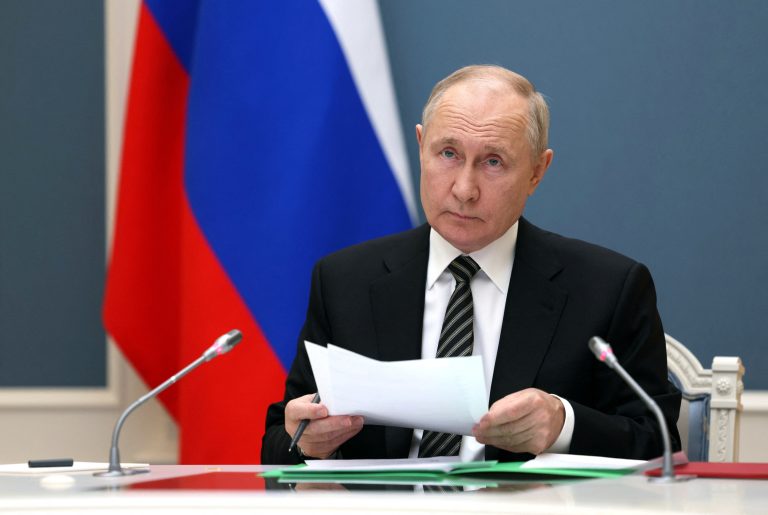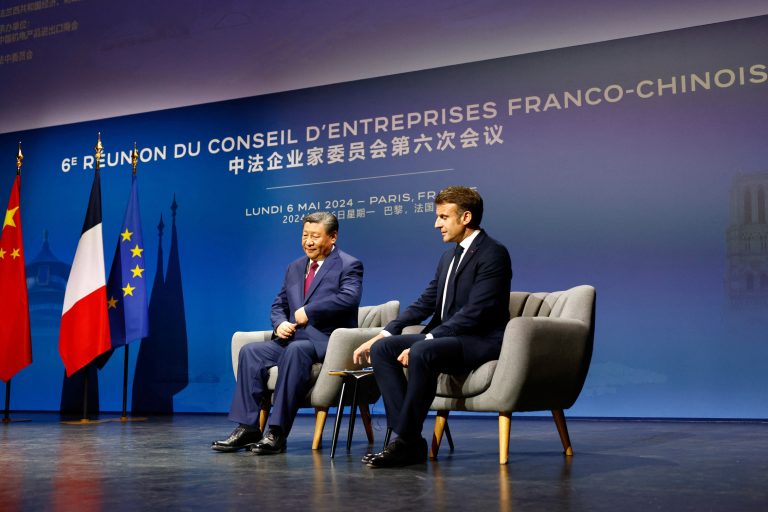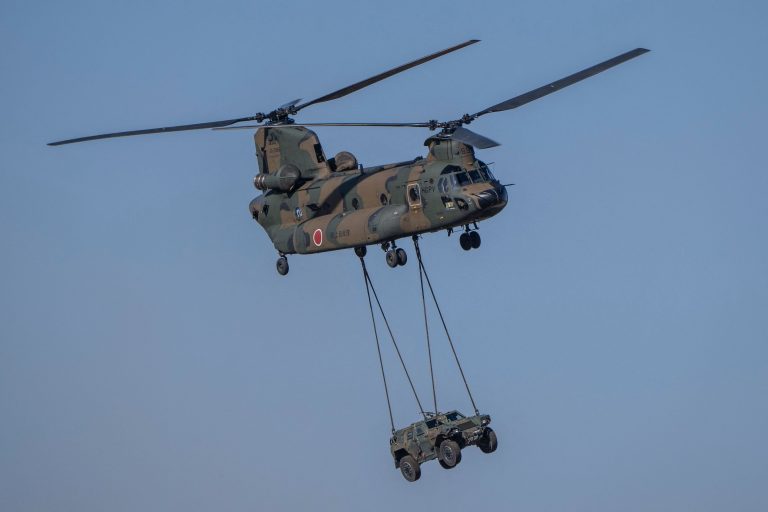On Mar. 20, Volkswagen found all of its assets in Russia frozen by a local court in the midst of its intentions to abandon operations in the country.
Severing all ties with Moscow’s businesses, the automobile company’s plans have been jeopardized by the court action.
Assets frozen
Volkswagen is one of many foreign carmakers ceasing their operations in Russia following western sanctions on Moscow over the war in Ukraine. The company first announced that it would stop making their vehicles in Russia last year, with the intention to shut down their plant in Kaluga and an automotive assembly plant in Nizhny Novgorod — the latter of which was run alongside Russian automobile maker Gaz.
The German carmaker has attempted to sell its Russian assets, including the suspended plant in Kaluga, which has a production capacity of 225,000 vehicles per year. Gaz responded with a lawsuit to prevent any sales by Volkswagen, requesting 15.6 billion roubles (US$201.3 million) in damages for allegedly breaking their contract.
The Russian court in question ordered to freeze all of Volkswagen’s assets in the country, leaving the company at the mercy of Gaz’s lawsuit, court documents showed.
Success
You are now signed up for our newsletter
Success
Check your email to complete sign up
“We are aware of the claim from Gaz and are familiarizing ourselves with the case materials,” Volkswagen’s Russian subsidiary said in a statement to Reuters. They were surprised by the lawsuit, saying that it was in the middle of seeking approval to sell its stake in Volkswagen Group Rus.
“We hope the lawsuit will not delay the transaction,” the statement added.
Czech carmaker Skoda, which operates under the Volkswagen Group, said it is almost done with a deal to sell its Russian assets. The company lost 700 million euros (US$742 million) from the fallout of Russia’s attack on Ukraine, Skoda’s CEO said on Mar. 16.
“The talks (on the sale) are in the final stages, but I can’t give you the details until they are agreed by all parties,” Chief Executive Klaus Zellmer told an online press conference.
READ MORE:
- Erdogan Confirms Extension of Russia-Ukraine Black Sea Grain Deal
- Russia’s Ally Belarus Cozies Up to China
- US Says it Won’t Follow Suit With Other NATO Countries and Supply Ukraine With Fighter Jets
Moscow strikes back
Following their attack on Ukraine, the Russian government clamped down on asset sales by requiring companies from “unfriendly” countries, particularly those who imposed sanctions, to seek approval from a government commission.
This was seen as an act to “nationalize strategic assets,” foreign investors expressed.
Russian President Vladimir Putin made a decree last July to fully control the Sakhalin-2 gas and oil project in Russia’s far east, seizing around 50 percent from Shell and two Japanese trading companies.
Other Western companies have also departed from the Russian market, with France’s Renault selling its majority stake in Avtovaz to a Russian state entity for “a symbolic fee of one rouble.”
Ironically, it is Russia’s own auto industry that has been heavily impacted by the mobilization of troops in Ukraine, with car production plunging by a startling 67 percent, the lowest since the fall of the Soviet Union.



